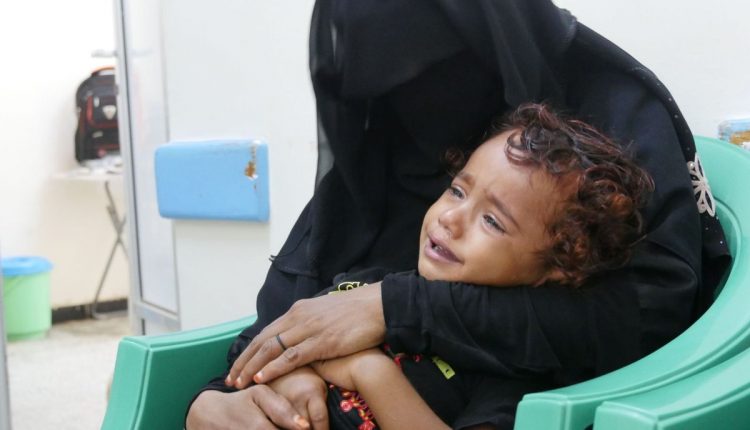How does the Opposition in Britain Accuse Saudi Arabia of Killing Yemenis?
“The party would have stopped arms sales to Saudi Arabia if it had been in power after the disappearance of Saudi journalist Jamal Khashoggi and the Saudi regime’s standing behind his assassination,” a foreign policy spokeswoman said on Sunday.
Emily Thornberry, a spokeswoman for the Labor Party for Foreign Affairs, told the BBC’s Andrew Mar that “the outcome of the evidence suggests that Saudi Arabia killed the journalist.”
“We can stop selling arms to Saudi Arabia in the current circumstances until they change their methods,” she said. “We would have made it clear that we disagree with them.”
“I think our country has done just that. I think we have to confront them and say that the current way of acting is unacceptable,” she explained.
At the outbreak of the war, the then Foreign Secretary, Philip Hammond, pledged that Britain would “support the Saudis in every practical way short of engaging in combat.” That support has been unwavering, with the government having licensed almost £5 billion worth of fighter jets, missiles and bombs in the years that have followed.
There is no doubt that these weapons have been used in attacks on civilian infrastructure. Thorough and authoritative reports from Human Rights Watch, Sky News and Amnesty International explicitly link British arms to attacks on civilian sites.
In 2016, after months of denial, the Saudi military had to admit that it had used UK-made cluster bombs. The bombs, which had been sold to the Kingdom in the 1980s, would now be banned by the cluster munitions convention.
Such arms sales are opposed overwhelmingly by the British public, with the most recent polling showing that only 13 per cent of people in the UK support arms sales to the Saudi military. That is why hundreds of people took to the streets to protest when the Saudi Crown Prince, Mohammad Bin Salman, came to London in February.
The visit, which included meetings with the Queen, Theresa May and Prince William, finished with the announcement that both sides had moved a step closer to agreeing a deal for Eurofighter military aircraft. The deal, which would be worth billions of pounds, has already received top-level support from British Ministers and civil servants.
In March 2015, the US -backed –Saudi-led coalition started a war against Yemen with the declared aim of crushing the Houthi Ansarullah movement, who had taken over from the staunch Riyadh ally and fugitive former president Abd Rabbuh Mansur Hadi, while also seeking to secure the Saudi border with its southern neighbor. Three years and over 600,000 dead and injured Yemeni people and prevented the patients from travelling abroad for treatment and blocked the entry of medicine into the war-torn country, the war has yielded little to that effect.
Despite the coalition claims that it is bombing the positions of the Ansarullah fighters, Saudi bombers are flattening residential areas and civilian infrastructures.
More than 2,200 others have died of cholera, and the crisis has triggered what the United Nations has described as the world’s worst humanitarian disaster.

